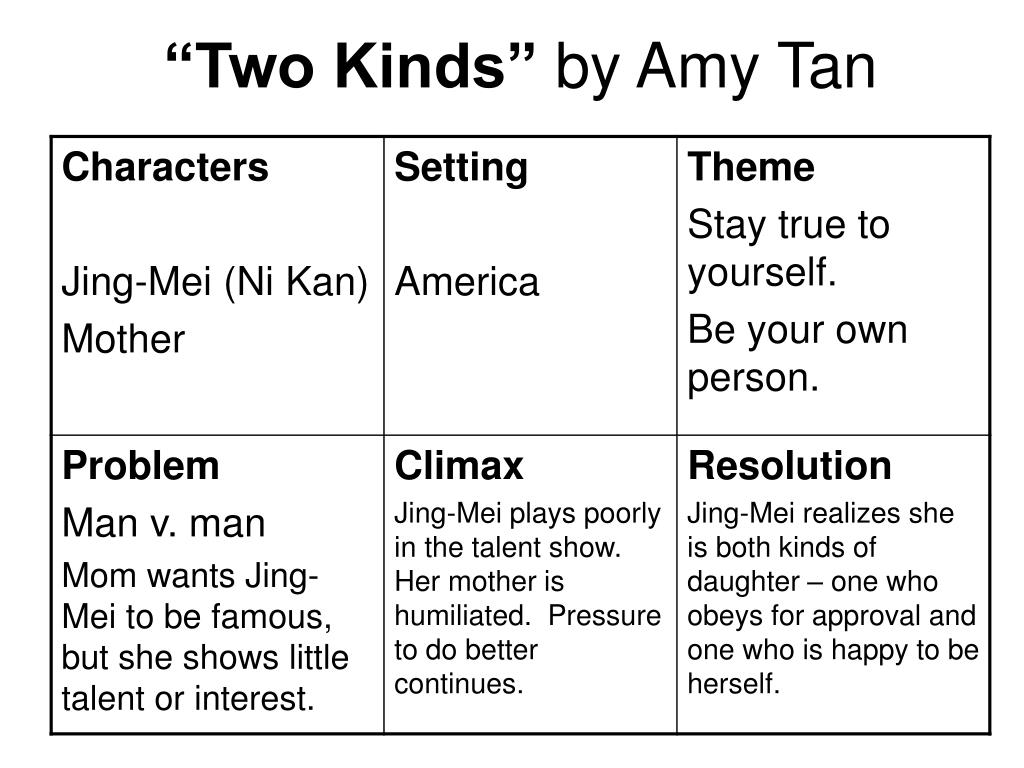

But that is the point: the meanderings, irony, playfulness are diversions, distancing techniques ways of dancing around pain without having to look it directly in the eye. The reader's concentration is diffused: we don't know quite where to look. The intense pain caused by Tan's trademark tug of war between mothers and daughters is slackened by packing in so many characters and themes. How else but by sophistic rationalisation could they bear the burden of their cruelty? The fishermen are a metaphor for those who would plunder humanity and seek self-justification. Saving fish from drowning, so the Buddhist fishermen in the eponymous proverb would have themselves believe. Their rescue risks sacrificing the tribe to the military: do they save their skins or choose altruism? The tourists eschew Bibi's itinerary for a 'tortuous, winding route' into the jungle where they are kidnapped by tribesmen and end up in No Name Place.

But she soon wanders off her habitual mother/daughter territory and into discursions on imperialism and human rights. How can she not become hard-hearted if 'a mother is the one who fills your heart in the first place'? Brought up - or dragged down - by a violent, abusive stepmother, she develops a thick emotional skin. 'It was not my fault,' insists Bibi who tells us instead of 'the faults inherited' from her dead mother: crooked teeth, restless dissatisfaction. The novel opens with a path not taken: she had organised an art expedition down the Burma Road for herself and a group of West Coast tourists, but died in a 'freak accident'.

The ghost was once upon a time a Chinese-American woman, named Bibi, an art expert who loses control over that trickiest of arts: living - and dying - well.


 0 kommentar(er)
0 kommentar(er)
